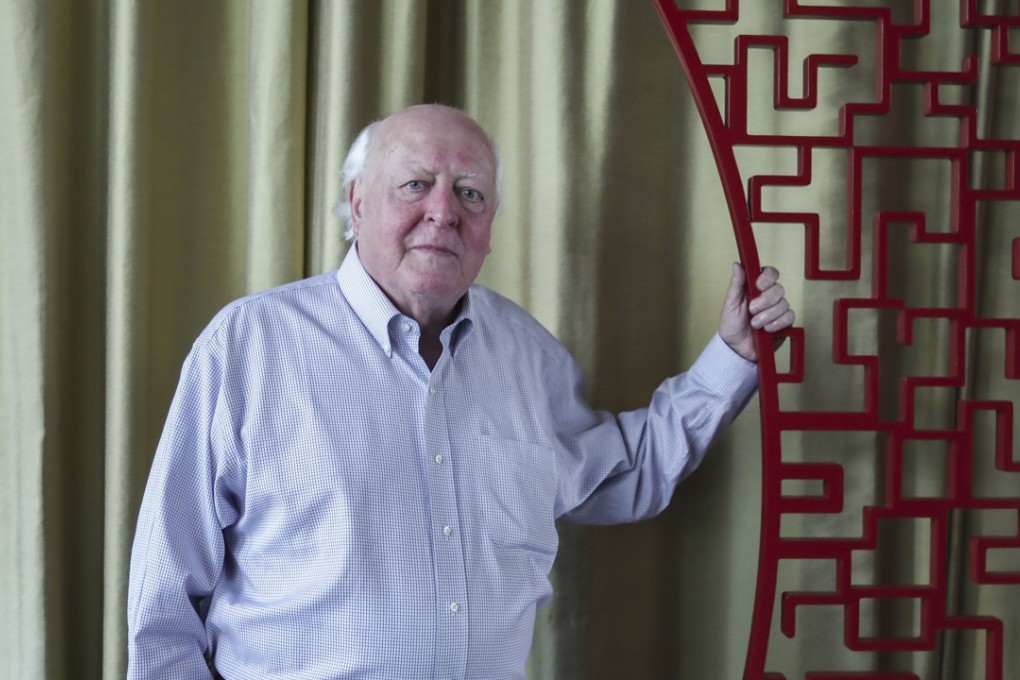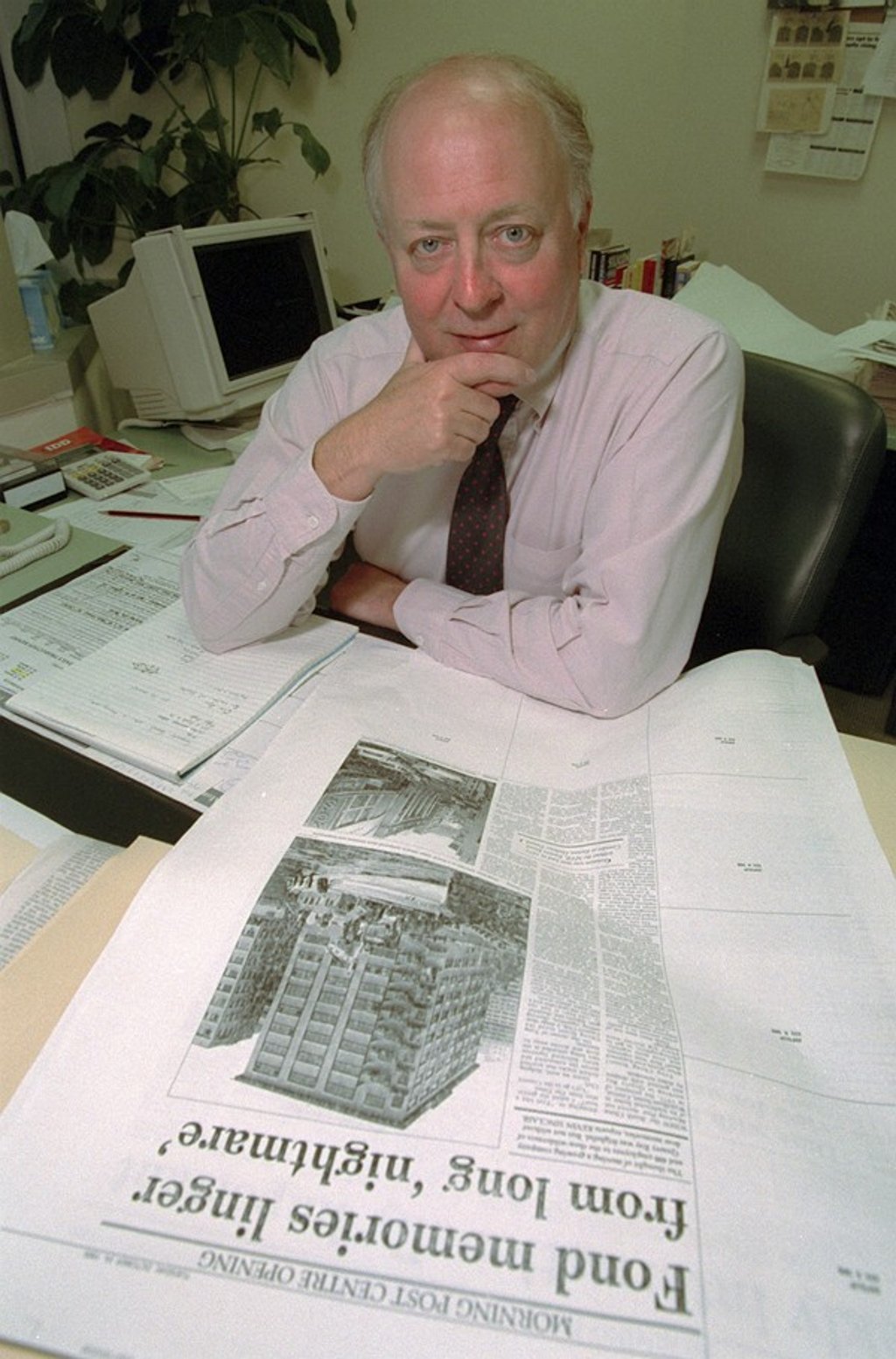‘We are both FILTH’: former Post editor on meeting Chris Patten, and how the new Hong Kong governor was not amused
Author and journalist Jonathan Fenby reflects on cheating death multiple times, his eventful editorship of Hong Kong’s South China Morning Post and how he accidentally ended up feeding the West’s appetite for China books

One Thursday afternoon in January 1995, Jonathan Fenby, then the editor of The Observer, a British Sunday newspaper, lost his job. Eighteen months earlier, to
the delight of its journalists, The Observer had been taken over by The Guardian, a left-wing daily newspaper. The idea was that both papers would continue to operate separately under the benevolent proprietorship of the Scott Trust –
what you might call the one owner, two systems principle.
It didn’t work out. From a certain angle, it sounds curiously prescient. Political coverage and commentary in The Observer was criticised from on high. Guardian writers were inclined to view their newly enfolded, formerly cosseted compatriots as “a bunch of dilettantes”. And, as Fenby put it later, “the foreign desk told joint stringers that their first loyalty was to the daily”.
When it came, his termination was swift and couched in doublespeak. Fenby was told that, as the Scott Trust couldn’t be seen to sack an editor, he was resigning. He was then instructed to leave the building immediately. As a concession, he was permitted to speak, briefly, to his deputy.

So, a few months later, despite his own protestations of ignorance about both the colony and China, Fenby came to Hong Kong. The day after he landed, he was told that the Sunday Morning Post and South China Morning Post – again, two separate editorial entities – were going to merge. Any sense of déjà vu he might have felt was tweaked by the realisation that culling certain staff on this side of the globe had political implications.
A number of very, very learned people will forecast what’s going to happen in China, because that’s the logical progression from a Western political, economic and social system. But, actually, China is different
Meanwhile, another merger was about to take place, beyond the Post’s Quarry Bay windows. As you might expect, Fenby had arrived in pre-1997 Hong Kong with a plan to write a book analysing a place on the cusp of great change. The place in question, however, was France. He worked on this throughout much of his editorship.
